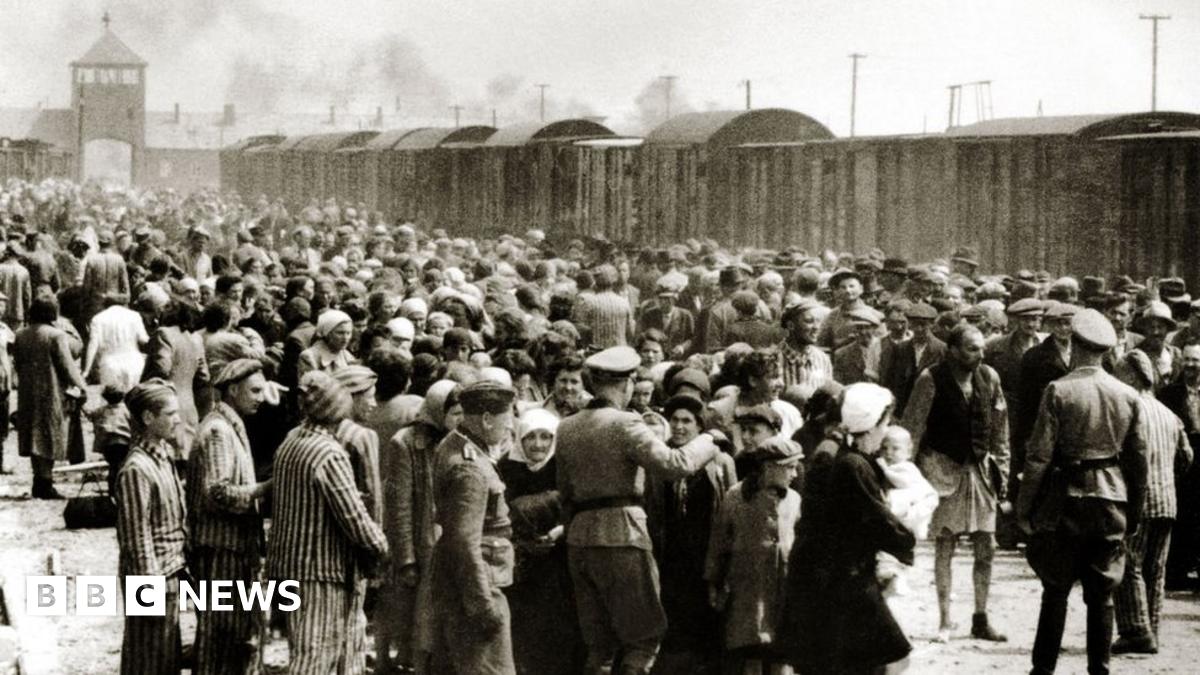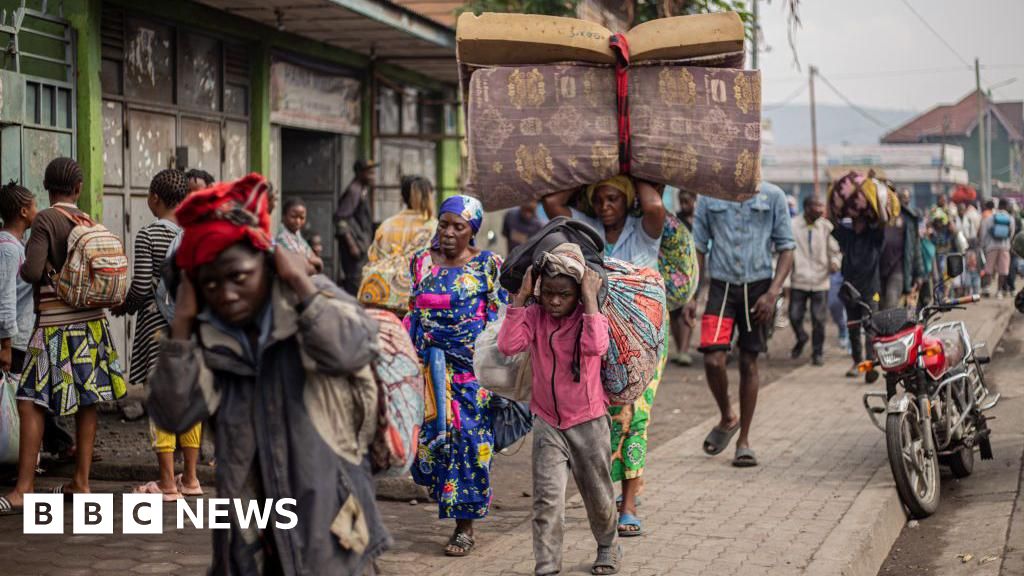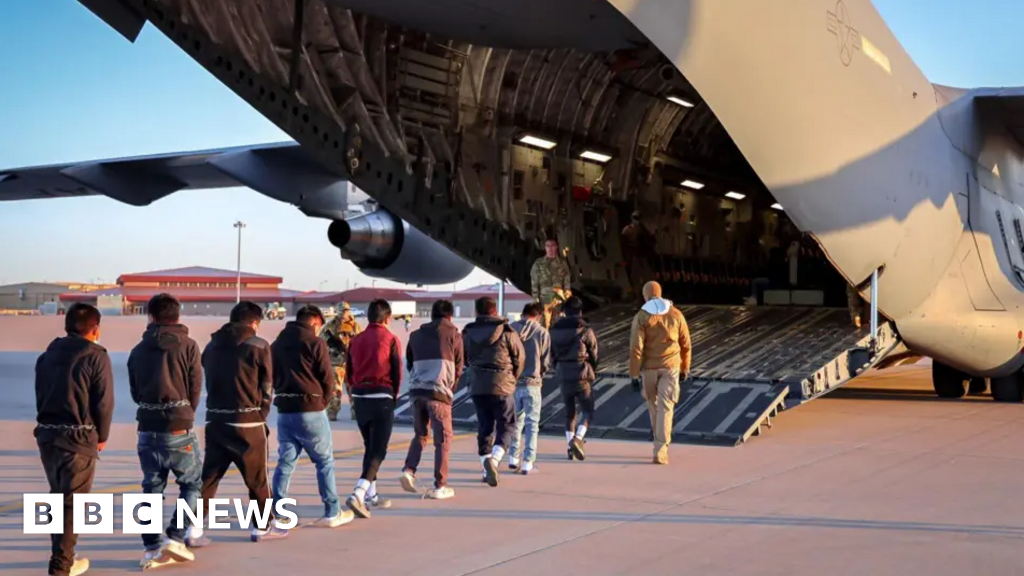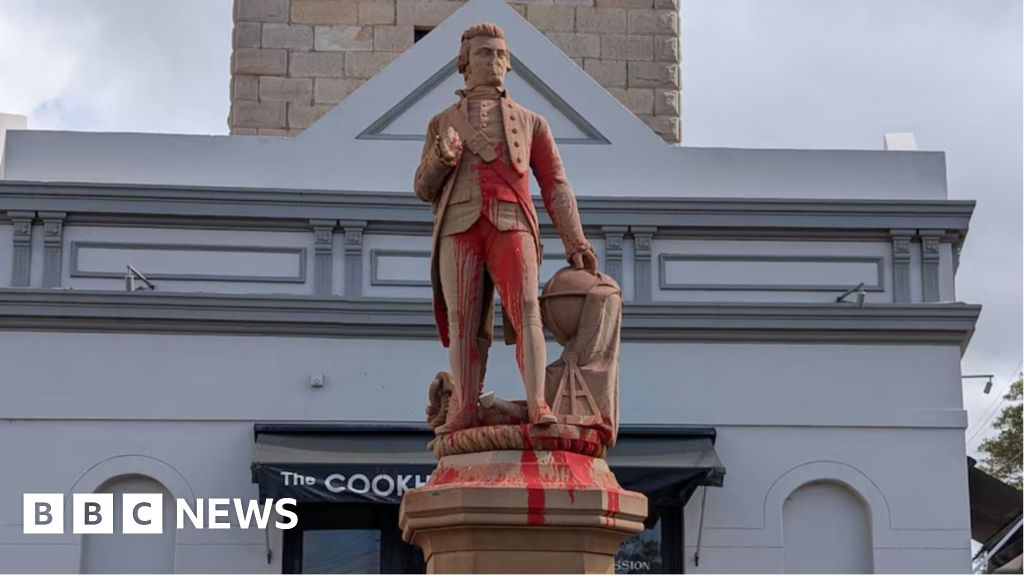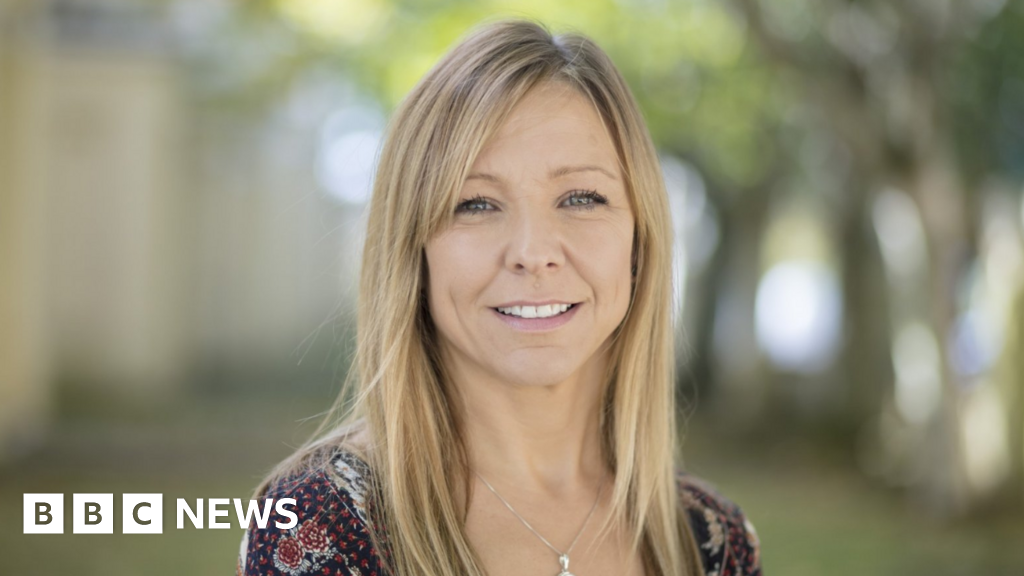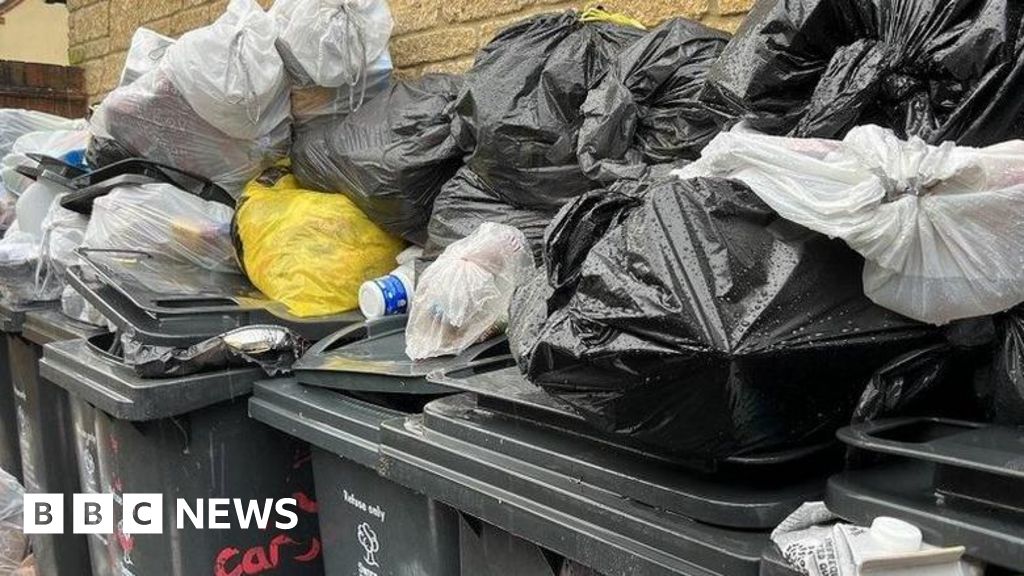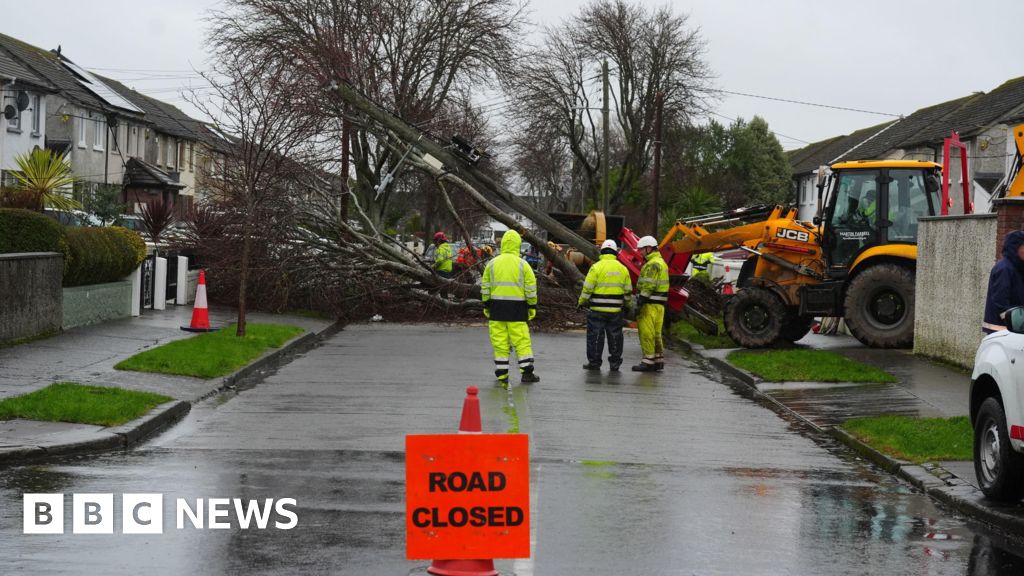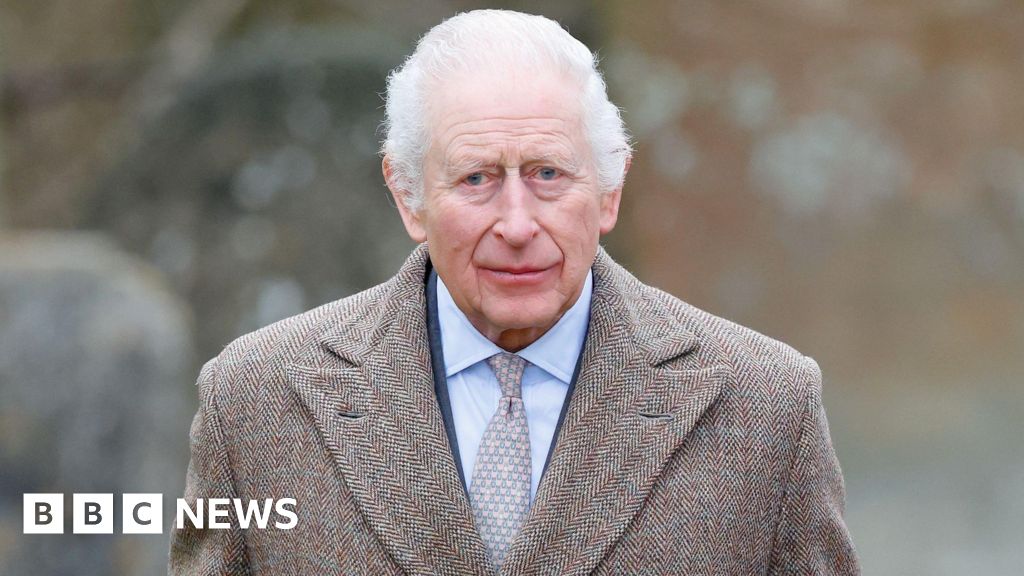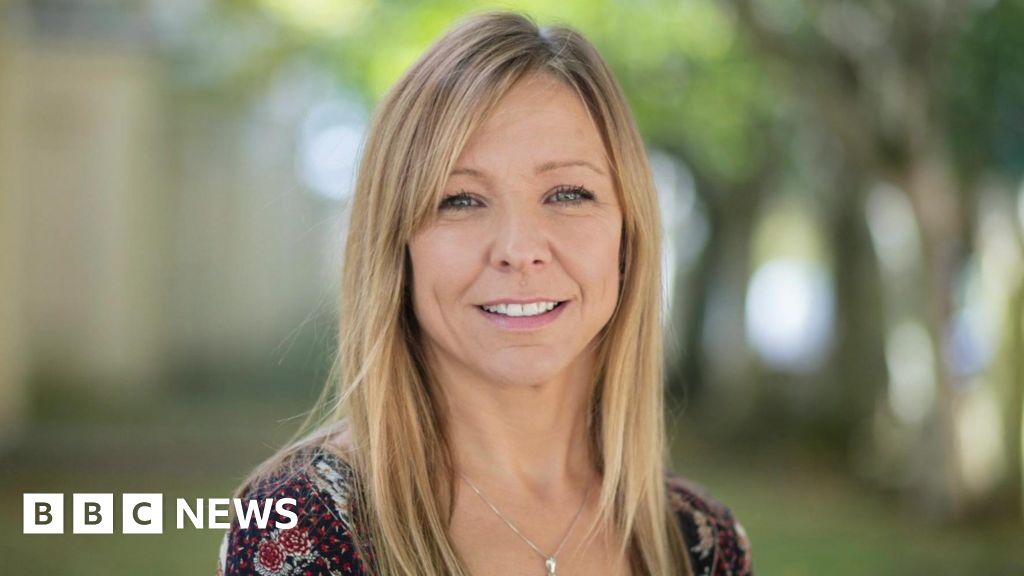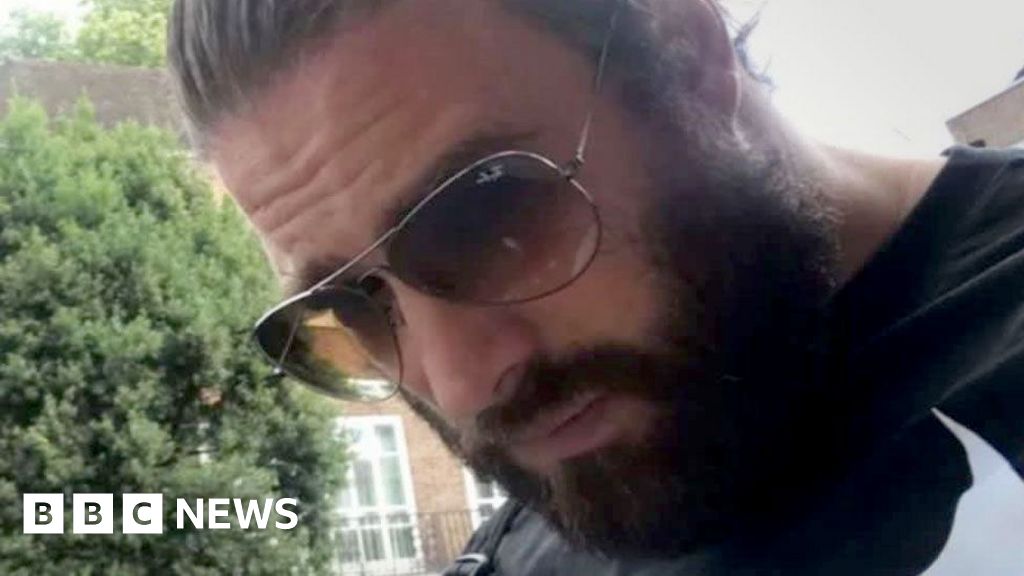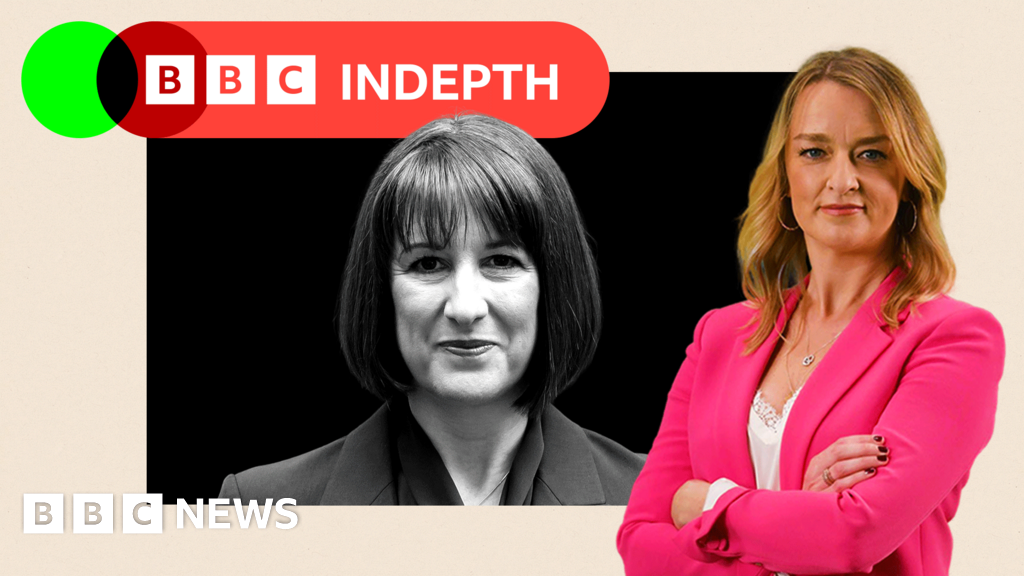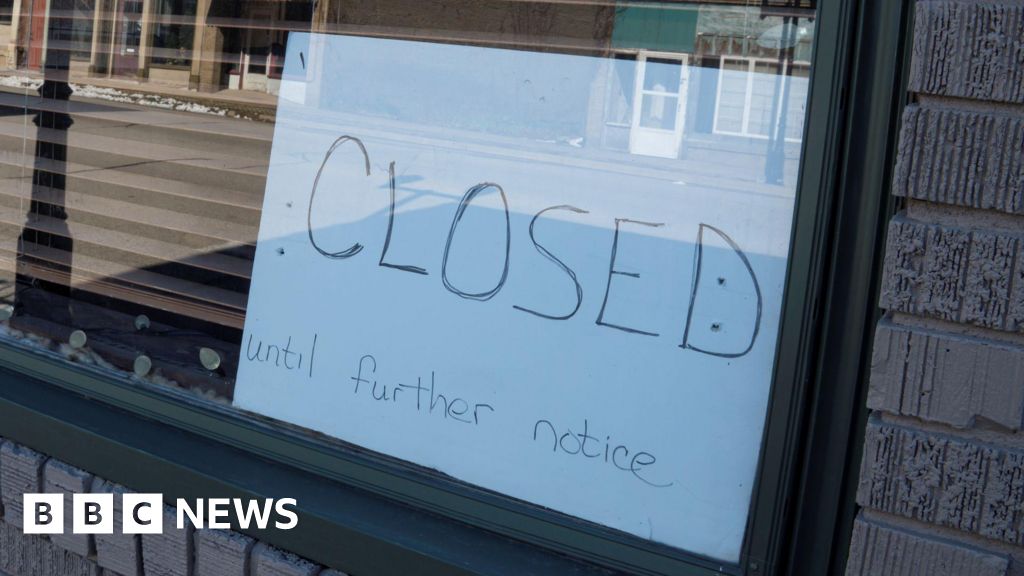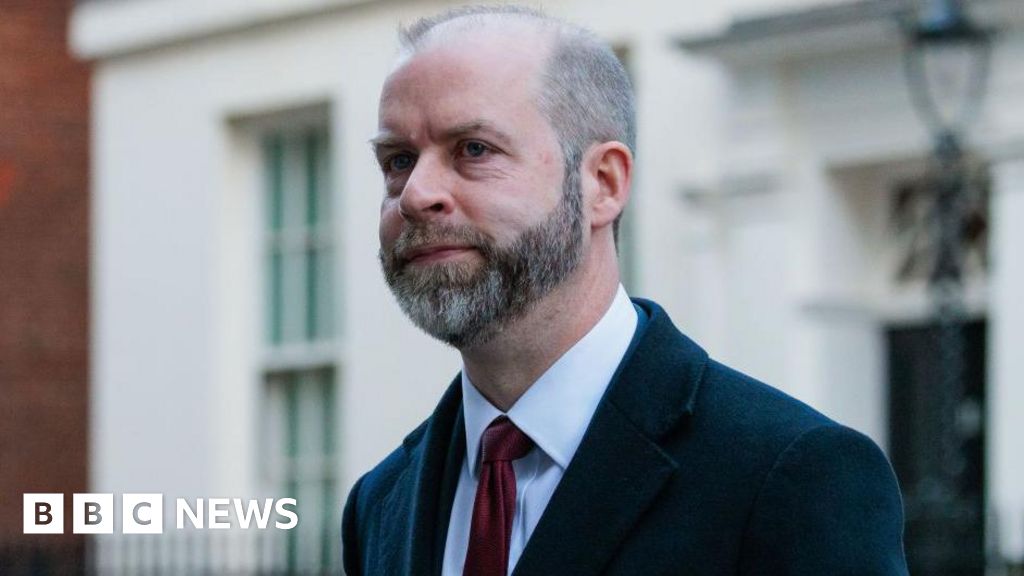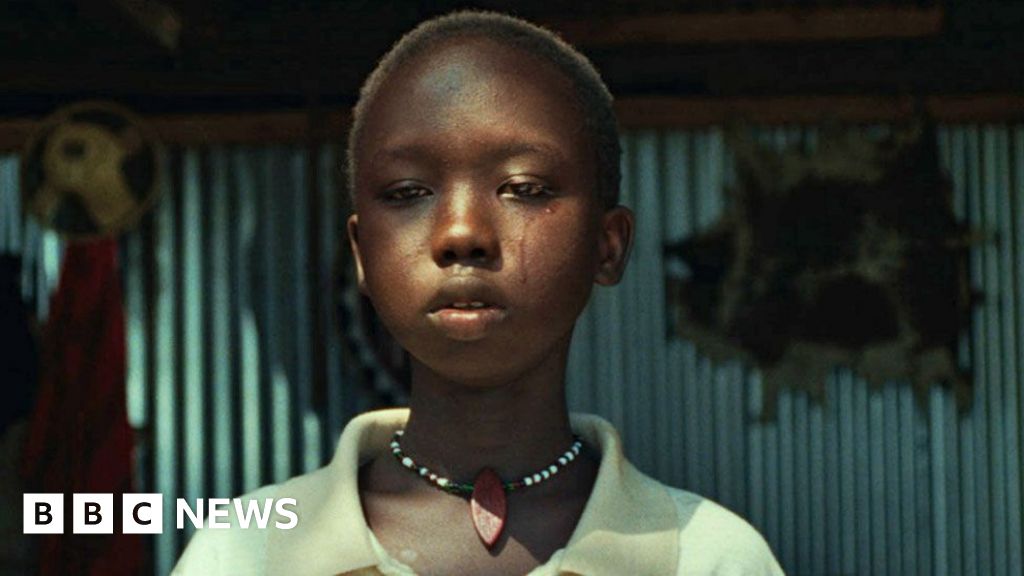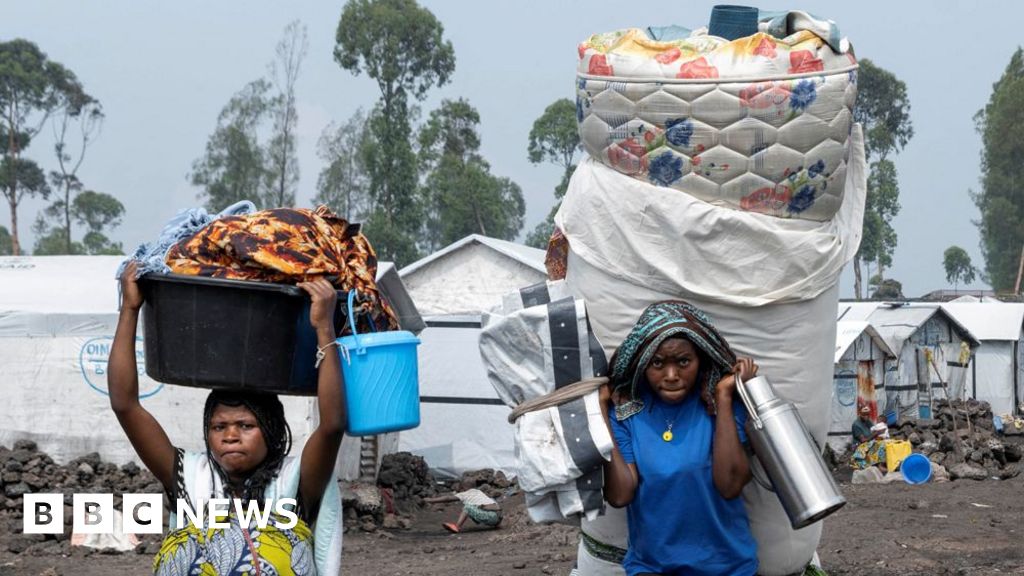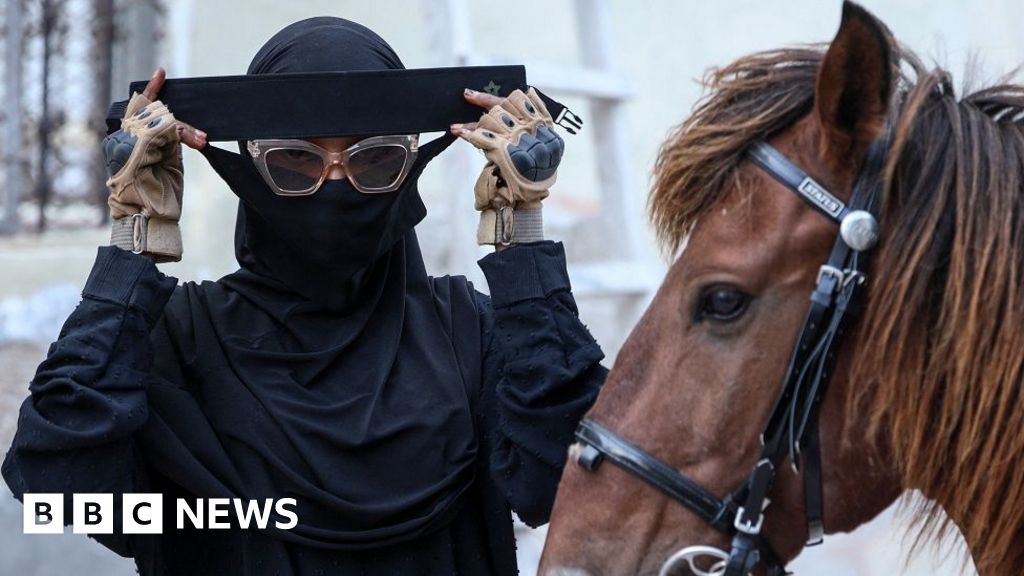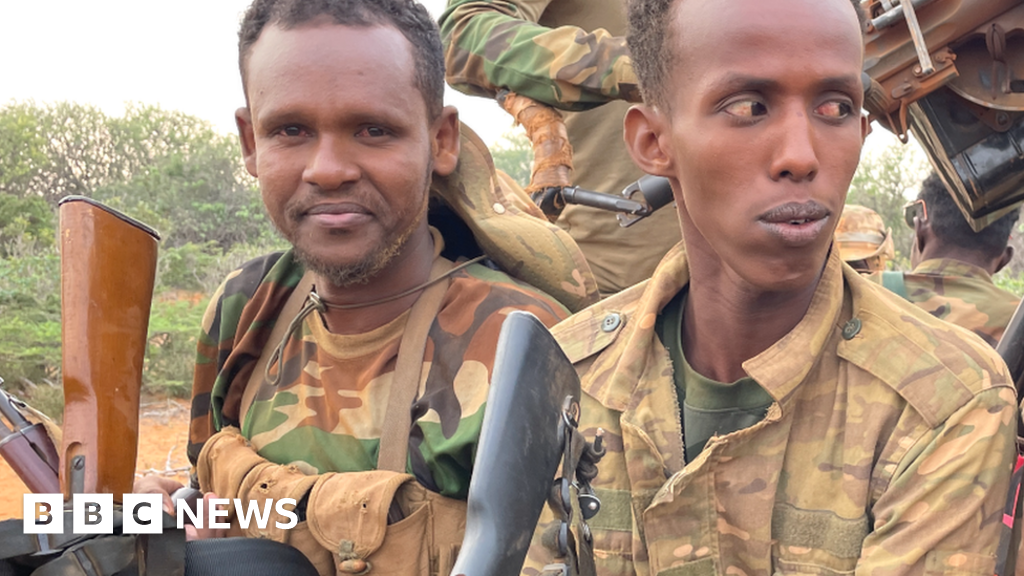BBC News
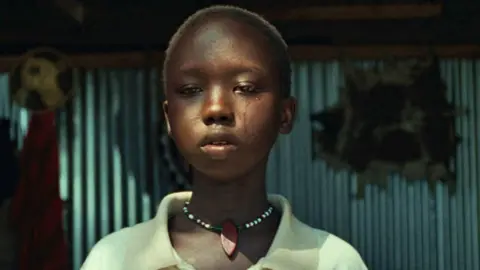 FILMCREW
FILMCREWThe 15-year-old star of a film about a schoolgirl forced to marry an older man is evangelical about her role – despite the fact that her community in north-western Kenya might see it as a betrayal and treat her as an outcast.
“I want the movie to spark conversations about this topic, because it’s really not something people want to talk about,” Michelle Lemuya Ikeny tells the BBC.
She plays 13-year-old Nawi, the eponymous heroine of the coming-of-age film set in Turkana county, a rural area which borders Uganda and where the UN says one in four girls are married before they are 18.
“So many of my friends have had to leave school, or never been to school because someone paid a dowry to marry them, so their fathers had married them off,” she says.
Michelle, who grew up in Turkana where the film was shot, kept these girls in mind when portraying Nawi’s emotions – a performance that won her an Africa Movie Academy Award for best promising actor last November.
Like all the local children who star in the film, she had never acted before. When she signed up for it, she thought she would just be appearing in a school drama.
“It has changed my life, but I don’t want it to change my personality,” the teenager says.
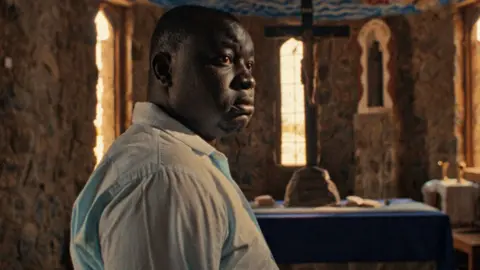 FILMCREW
FILMCREWIn the film, just after 13-year-old Nawi finds out that her exam results are top in the county, she hears that her father is selling her to a wealthy man named Shadrack in exchange for “60 sheep, eight camels and 100 goats”.
Instead of accepting her fate, Nawi smears blood on her legs on her wedding night to fake a period and then runs away to pursue her dream of going to high school in the capital, Nairobi.
Her father and Shadrack are furious and try to follow her, but she manages to outsmart them with the help of her brother.
However, she than goes back home to Turkana to bravely confront them when she finds out that her new baby sister has been promised to Shadrack as a replacement bride.
There are many scenes which highlight how widespread child marriage is – and how it is accepted despite being against the law. According to Kenya’s 2014 Marriage Act, a person must be 18 years of age to marry.
In one scene, when Nawi’s classmate Zawari does not show up to the end-of year exam, the boys in the class joke that she is “busy making babies”.
The story was written by Milcah Cherotich, who won a writing competition launched by the German-Kenyan non-governmental organisation Learning Lions.
Cherotich says her own childhood was the inspiration for her first feature film script as she grew up Turkana.
When asked if the story is based on a single person, she becomes too emotional at first to answer – but then goes on to tell how her sister was forced into marriage at the age of 14.
By 15, her sister had given birth, but the child became sick and died while she was carrying it on her back.
“She ended up living a life that was not hers. A life that was designed by my parents and her husband. Those are things I wanted to change,” Cherotich tells the BBC.
Some backlash to the film is “very much expected” in Turkana, she says.
But to her delight she has already managed to change one person’s perspective when she watched an early video-link screening of Nawi with her uncle – a staunch supporter of child marriage.
“After about 55 minutes, his eyes were wet. So, he was crying. And I was rejoicing inside because I thought: ‘Now at least one man has been touched’,” she says.
“I realised the importance of storytelling, the power it has.”
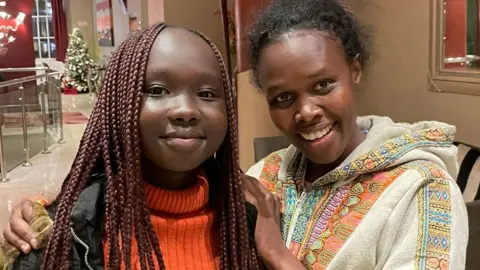
Child marriage is far from being just a Kenyan issue – girls in sub-Saharan Africa are at the highest risk of child marriage in the world, with one in three marrying before the age of 18, according to the UN children’s agency Unicef.
As part of the UN’s sustainable development goals, 2030 was set as the deadline to completely end child marriage, however Unicef says progress will need to be “significantly accelerated” to meet this target.
The prevalence is decreasing globally – today, one in five women aged 20 to 24 years were married as children versus nearly one in four 10 years ago.
The fastest progress has been made in South Asia, where a girl’s risk of marrying in childhood has dropped by more than a third.
But a recent Unicef report stated that West and Central Africa, the region with the highest prevalence of child marriage, had made little progress over the last 25 years. At the current pace, it would take the region more 200 years to eliminate the practice.
Toby Schmutzler, one of the directors of Nawi, says everyone who worked on the film was passionate about the project, but the challenge now is to get the film seen.
“The message can be super beautiful but if no-one sees the film then no-one hears the message,” he says.
The film was screened at the UN headquarters in New York last month – and Kenya selected it for its Oscars submission, though it did not make it to last week’s shortlist.
Nonetheless the directing team is heartened to be in talks for an international release in the US, Canada, Europe, Central Africa and Australia.
The film was released in Kenya late last year, and in Nairobi had one of the longest cinema runs ever of a locally produced movie.
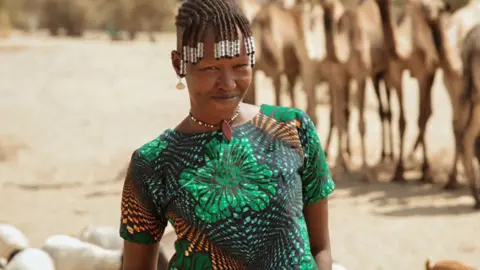 FILMCREW
FILMCREWIn Turkana, Apuu Mourrine, one of the film’s Kenyan directors, has organised free screenings of Nawi at the Kakuma refugee camp.
She says the response has largely been positive, though audiences have mainly been made up of young people and so the team plans to organise a truck to show the film to the elders in local villages and get their reactions.
On the ground, in a joint initiative with Learning Lions, a new school has been built where 300 girls have already enrolled.
Schmutzler says this has been welcomed by the Turkana community, as the school is free to attend and it also provides the girls with meals in an area where there have been a series of droughts that have pushed many to the brink of starvation.
Michelle believes if more people do see the film, it will have the potential to change lives.
“When you watch the movie, try to put yourself in the shoes of Nawi, put yourselves in the shoes of all those 640 million girls,” she says.
“When you are young, you have so many dreams. I have so many dreams. When somebody comes and takes it away – it’s the worst feeling ever.”
You may also be interested in:
 Getty Images/BBC
Getty Images/BBC

